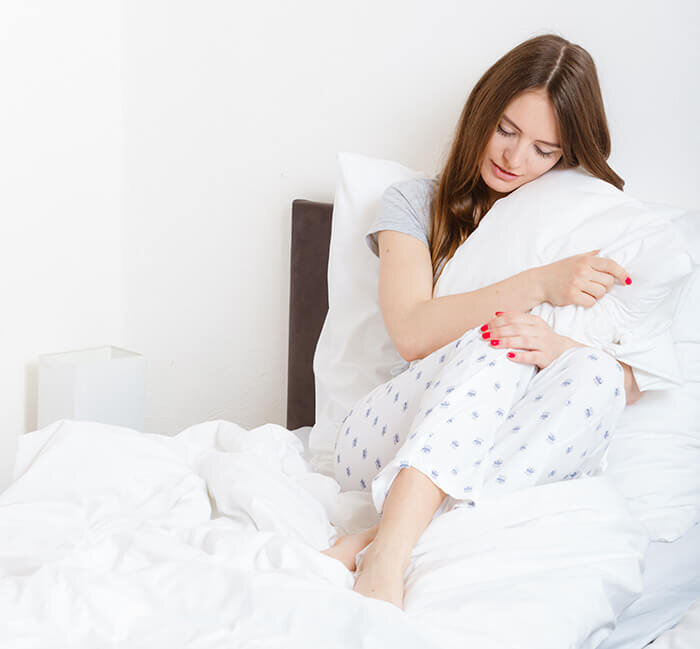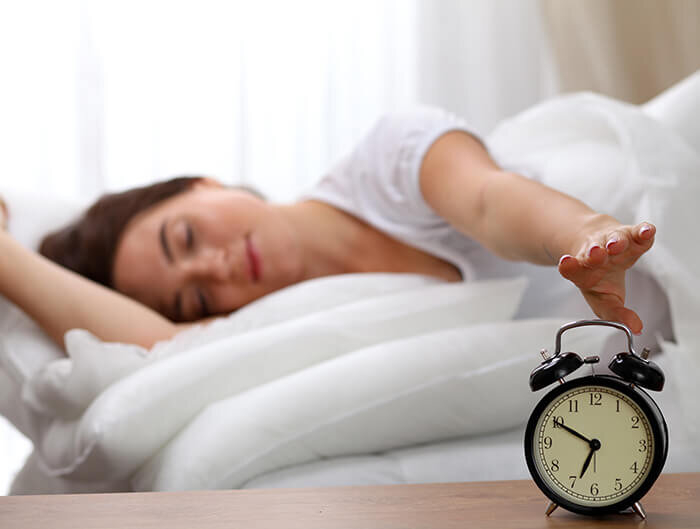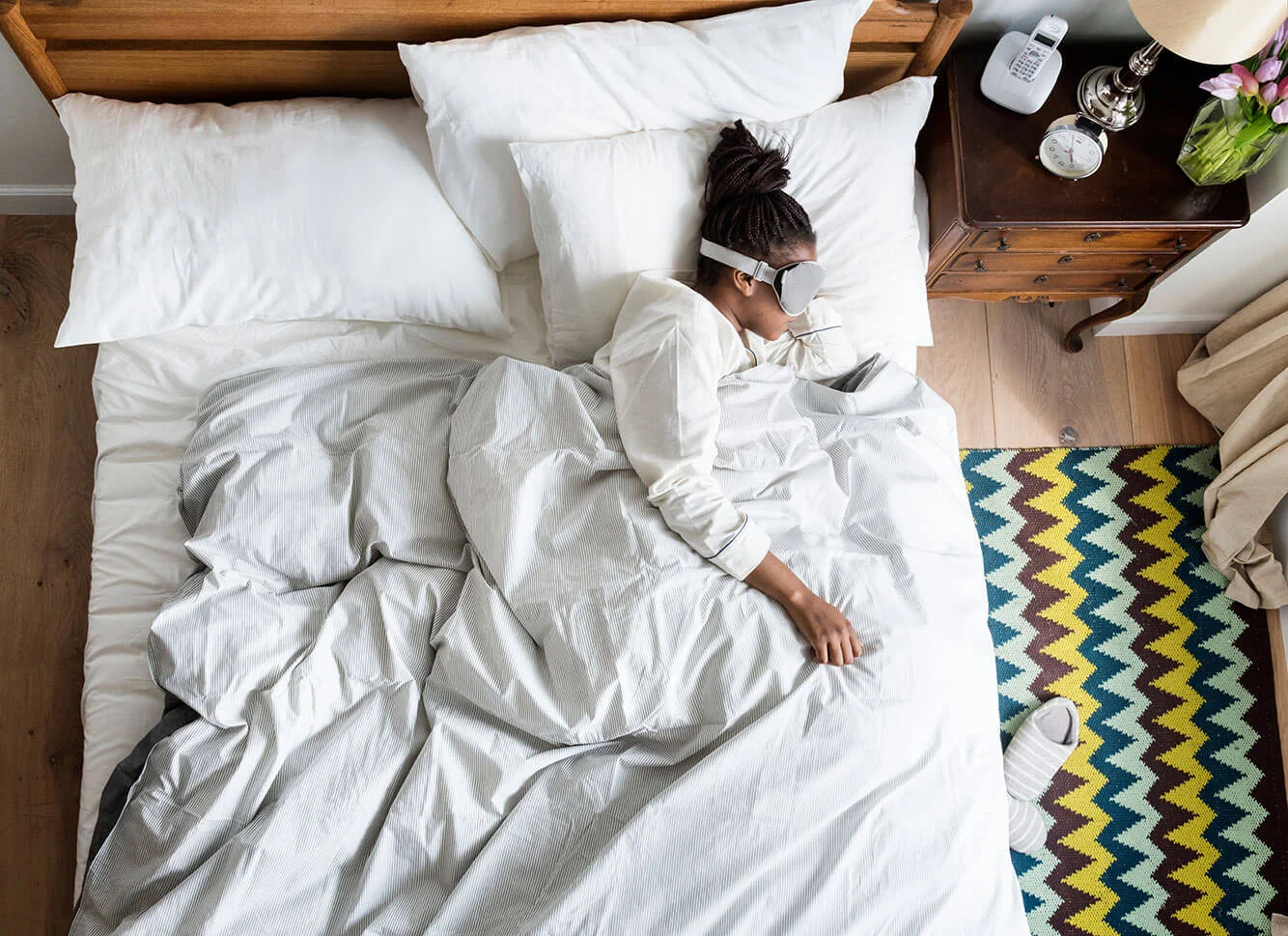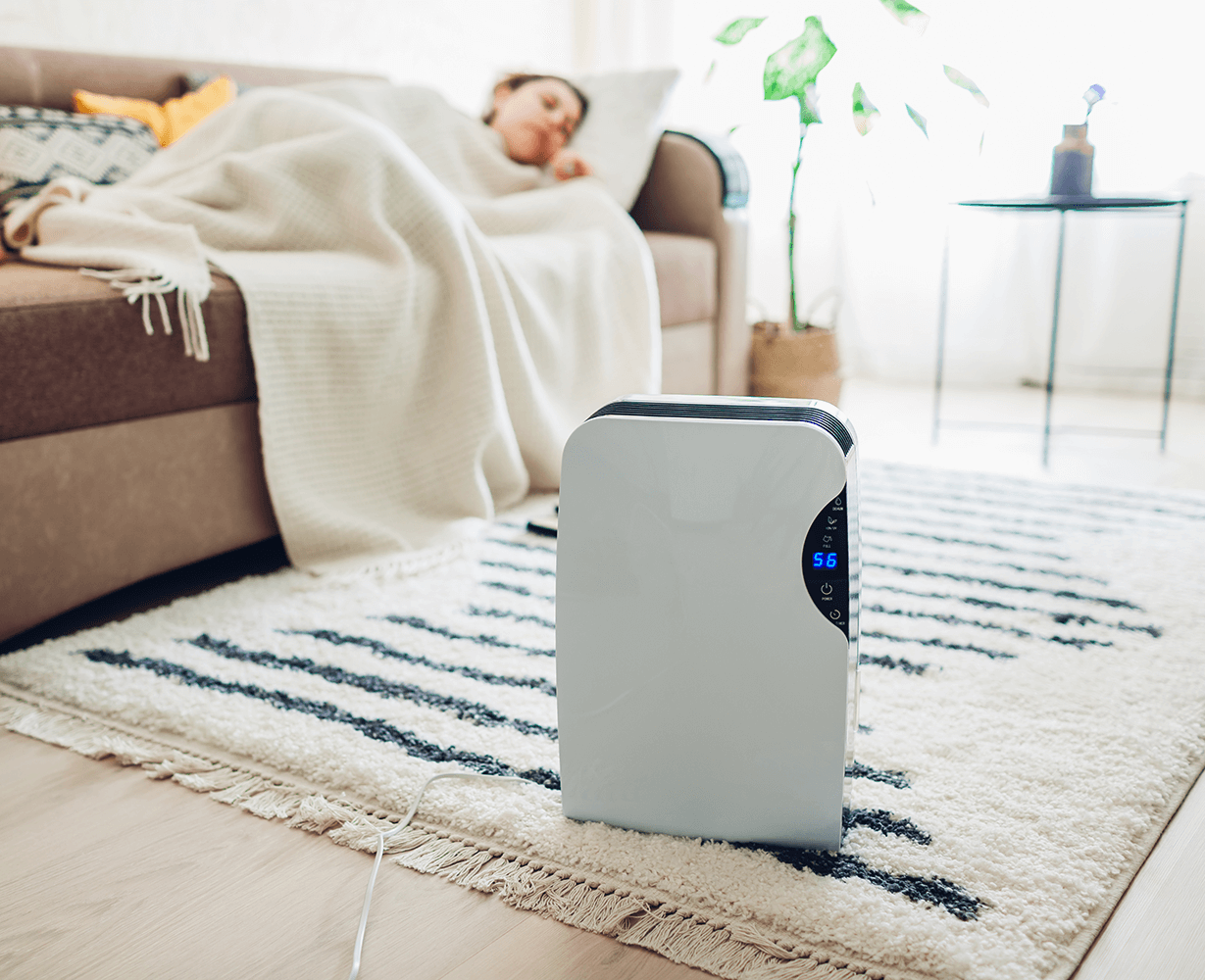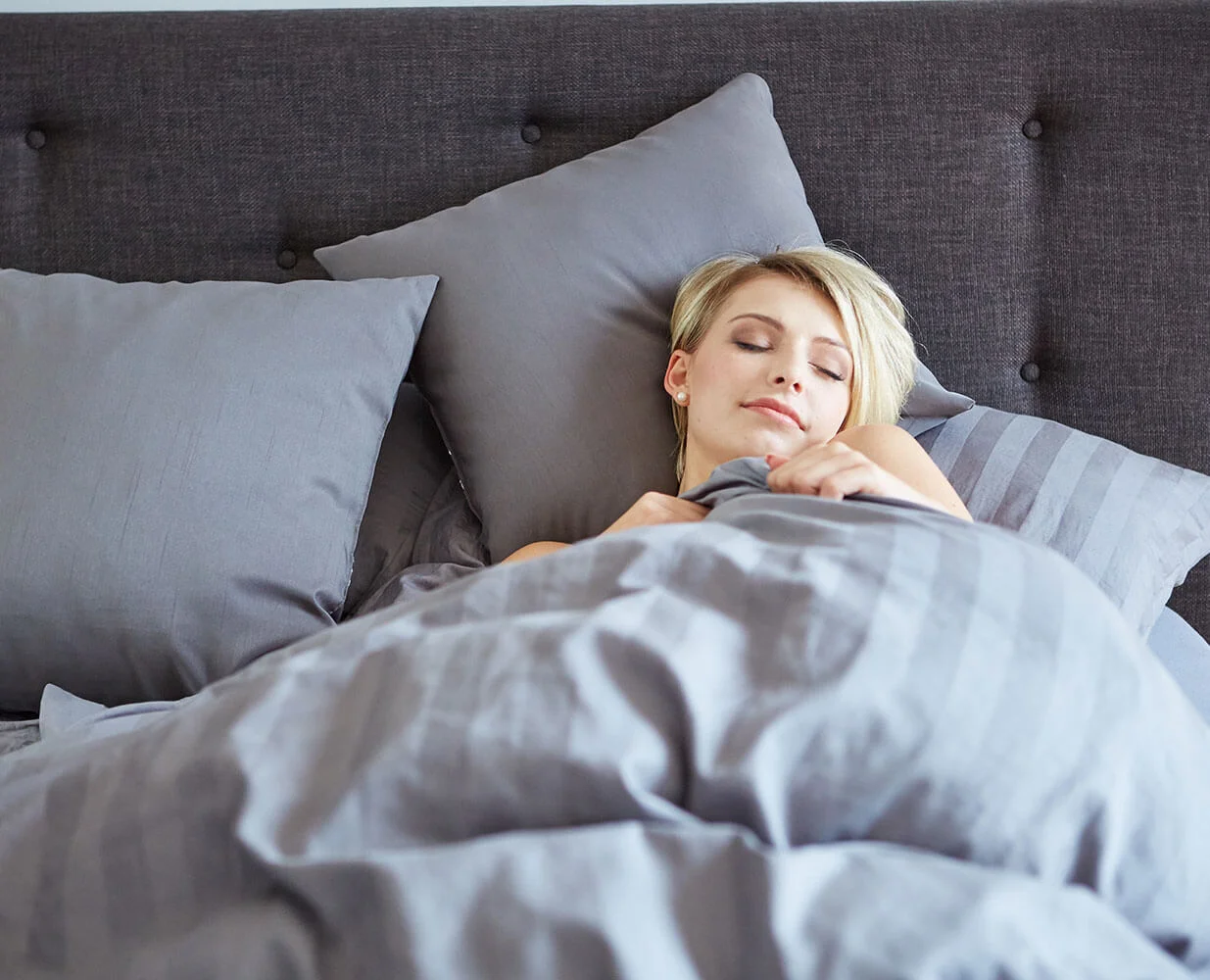Sleep Paralysis A Sleep Condition That Can Be Frightening
Sleep paralysis, while not the most common sleep disorder, affects more people than you might think. In fact, reports of sleep paralysis are steadily increasing, highlighting the importance of understanding this often-misunderstood condition. If you're not familiar with sleep paralysis, knowing the basics—including why it happens and how it might affect you or someone you care about—can be invaluable.
Approximately 8% of people will experience sleep paralysis at some point in their lives. While some may barely notice brief episodes, others may endure longer, more intense periods of paralysis when falling asleep or waking up. These episodes can be unsettling, leaving individuals feeling trapped and frightened.
Understanding sleep paralysis and learning effective coping strategies can make a significant difference. Since this condition can disrupt sleep and lead to lingering anxiety, being informed and prepared is key to managing its impact and reclaiming restful nights.
What is Sleep Paralysis?
Before you can learn how to cope with sleep paralysis, it is important to understand what this sleep condition is and why sleep paralysis occurs. Sleep paralysis is an unfortunately difficult condition that causes you to wake up in the middle of the night, unable to move, talk or do anything but remain in a paralyzed (but conscious) state.
This sleep disorder is extremely terrifying for anyone who must deal with it and while it may sound like something straight out of a horror movie, sleep paralysis, or parasomnia is quite real and quite prevalent among people of all ages.
Unfortunately, there is no cure for sleep paralysis.
What to Expect During Sleep Paralysis?
What to expect during Sleep Paralysis?
You can experience sleep paralysis while falling asleep or when you wake up. Waking up early in a state of sleep paralysis is the more common type of sleep paralysis—and it typically comes with hyperventilating and hallucinations and it can become more noticeable that you are unable to move your body.
If you are experiencing sleep paralysis, one of the most frightening things you can expect from this condition is hallucinations. Not all people with sleep paralysis will experience hallucinations, but many do. During your state of consciousness where you are unable to move, close your eyes or scream out—you may experience terrifying hallucinations, similar to those you may experience during a nightmare.
Research has show there are three main types of hallucinations that often accompany sleep paralysis. They are:
Hallucinations of an intruder. These are the most common type of hallucinations and typically involve someone feeling threatened, hallucinating a ghost or feeling the presence of someone or something that wants to do them harm.
Incubus hallucinations. During these hallucinations, it is common to feel as though someone or something is pressing down on your chest, airways or stomach, making it difficult to breathe.
Vestibular-motor hallucinations. These hallucinations make you feel as though you are flying, moving or floating. Many people also refer to these as “out of body experiences” where they are observing themselves from above.
While these hallucinations can seem quite scary (and for many people they are) this isn’t always the case with sleep paralysis stories. A number of people will actually confuse their hallucinations with paranormal experiences or nightmares. However, there are some people that experience very happy or blissful hallucinations.
While hallucinations are a common side effect of this condition, not all people with sleep paralysis will have hallucinations. And some people with this condition will only experience hallucinations some of the time. For those who do not hallucinate during their spells, they will typically wake up and find their body is in a paralyzed state, while their mind is fully alert and aware. The most important thing to remember about sleep paralysis, is that while it can seem like it lasts forever in the moment, sleep paralysis typically only lasts a few seconds.
What Causes Sleep Paralysis?
Sleep Paralysis is part of your dream state within the sleep cycle
Simply put, sleep paralysis happens when your body going through the physical relaxation process it goes through when it shuts down to sleep—but your mind stays awake and alert enough to realize you no longer have control over the ability to move or sleep.
Sleep paralysis can happen like this when you are falling asleep at night—or if can happen when you are in the process of waking up.
When it happens as you are waking up, your mind “wakes up” or regains consciousness before your body finishes going through its REM cycle. This is sleep cycle that causes your body to turn off and rest (so you don’t’ act out your dreams). When this happens, your body essentially wakes up before your mind can.
Sleep paralysis is typically categorized as being part of your dream state, and while most people will only have sleep paralysis for a few seconds, there are some more serious cases that can last for longer.
Research still hasn’t figured out why sleep paralysis and why some people’s bodies are able to get in and of sleep paralysis faster than their minds, or what causes this condition, but there are some known risk factors.
Who is at Risk of Sleep Paralysis?
A New Organic Mattress May Help With Sleep Paralysis
There is still a lot to learn about sleep paralysis. There are a lot of different types of people who are at risk for sleep paralysis and it can impact people of all ages and backgrounds. However, it is most common in people who also have narcolepsy. However, this isn’t exclusive, as people without this other sleep condition can also have sleep paralysis.
While sleep paralysis effects both men and women equally and can impact any person of any age—it is more common in young adults and teenagers than in older adults. Sleep paralysis is also genetic and is known to be passed down from generation to generation. Sleep paralysis is also more common in individuals with mental health issues, including those with depression, anxiety and post-traumatic stress disorder. It is also common in those with panic disorder.
People who have insomnia, struggle with a lack of sleep on their new organic mattress, or who have shifting sleep schedules are also more likely to suffer from sleep paralysis. While these conditions are known to increase your chances of having sleep paralysis—they are not mutually exclusive and people without any of these conditions can also struggle with sleep paralysis.
What can you do to prevent it?
Meditation Techniques Helps Remedy Sleep Paralysis
The biggest question that many people have about sleep paralysis is—“what can I do to prevent it?” There is no medical treatment to completely cure sleep paralysis, but you will want to make sure that you take some steps to prevent it from happening. Most prevention strategies are typically more of “home remedies” that people with the condition try on their own to lessen their chances of having a sleep paralysis episode in the middle of the night.
Here are some of these at home prevention remedies:
Avoiding falling asleep on your back. Since sleep paralysis is such a mystery, there have been a lot of different studies on this condition. This research has found that most sleep paralysis episodes happen while the person is on their back. Trying your best to sleep on your side or stomach can lessen your chances of having an episode that night.
Making sure that your sleep isn’t interrupted. Do your best to limit any and all sleep interruptions in the middle of the night. Studies show that those who wake up multiple times in the middle of the night are more likely to struggle with sleep paralysis.
Avoiding stimulants. Stimulants such as alcohol and tobacco have been shown to increase your chances of having a sleep paralysis episode, and they should be avoided whenever possible. The surprising caveat to this is coffee—as there has been no proven research showing that coffee is linked to parasomnia.
Practicing moving your extremities. Practice wiggling your extremities like your fingers or your toes and focus on doing this when you wake up with a sleep paralysis issue. The slightest movements like this can help “wake up” the rest of your body so you can end your sleep paralysis in a timely manner. It is a great way to disrupt your episode and get back to normal.
Trying mediation. Meditation before bed has been shown to lessen the likelihood of sleep paralysis and can help you relax your muscles until you naturally get out of this state in the middle of the night. Staying stiff and tense will only make the episode worse.
Of course, in addition to trying these home techniques, you should also visit a professional sleep doctor for additional steps you can take to help lessen your likelihood of having sleep paralysis issues. There are many people who also deal with sleep paralysis as a side effect of their anxiety. Gaining control of your anxiety, through therapy, treatment or cognitive behavioral treatments can also help problems with sleep paralysis from forming in the evening.
The More Your Know About Sleep Paralysis Can Only Help You Sleep Better
While no one ever wants to deal with sleep paralysis—it is an unfortunately common sleep issue. The more you know about what is sleep paralysis, preventing it from happening and coping with it when it does occur can only help. While there is still a great deal of research being done on sleep paralysis stories, understanding the information that is already out there on this condition will only help with your sleep, and your health, moving forward.
Jessica Lauren is Founder, contributing Author and Owner of Citrus Sleep. Citrus Sleep is an online publication that highlights brands, sleep products, women’s fashion, subscription services and ideas creating positive social change and promoting a healthy lifestyle. After spending nearly a decade working in PR and marketing for several brands and startups, Jessica knows what truly drives conversions, sold-out launches and guest posts.
Follow Jessica at @jessicalaurencs | Jessica Lauren


